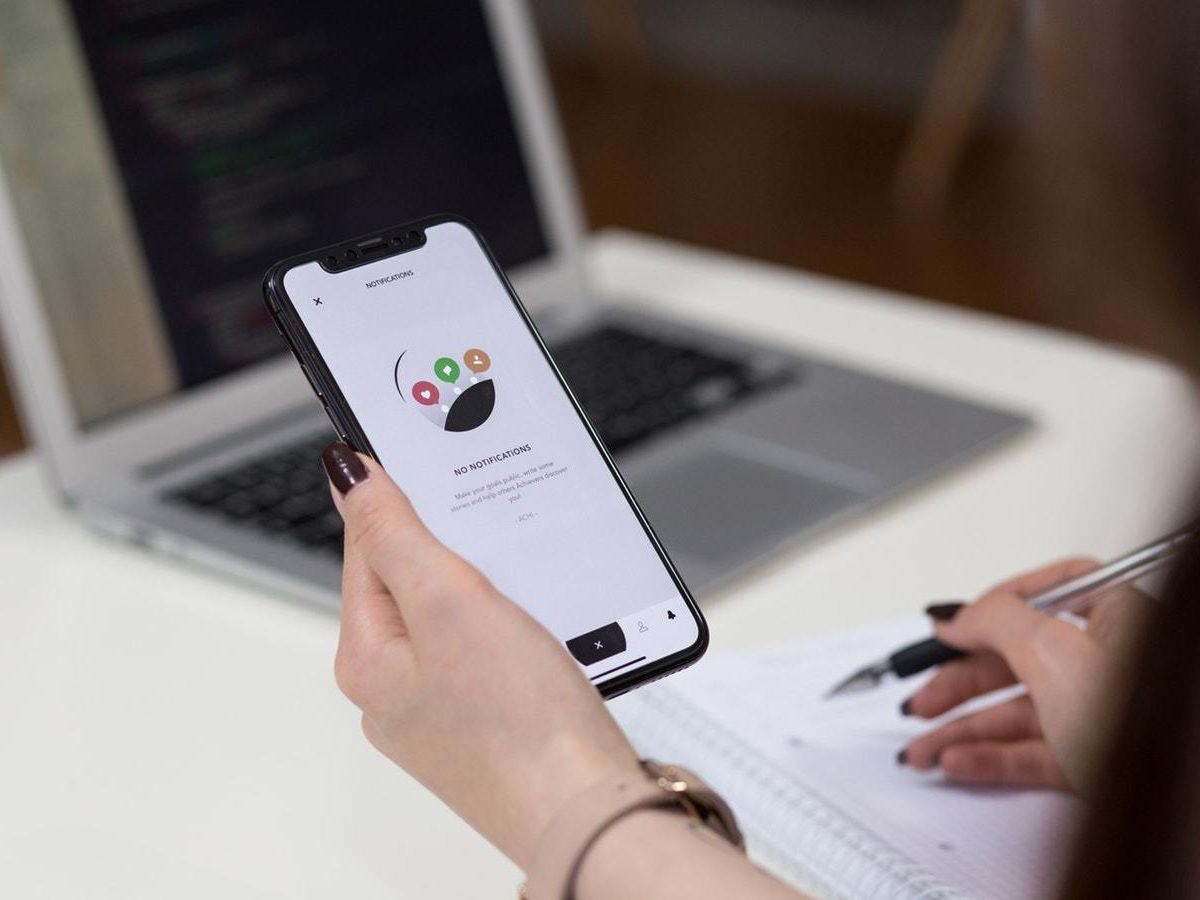What does text speak mean for marketers?

Was the 160 character limit the beginning of the end for written English?
Some idle conversation that we had the other day, here at Business First Head Office, led us to discuss text speak: how it happened; how much it annoys us; whether it’s destroying the English language; and above all what the implications are for marketers.
From crafting carefully worded straplines, to writing the copy for entire websites, we spend all day working with words and have a healthy respect for the feelings and emotions they can evoke in a reader. Quite frankly, text speak just makes us feel a bit sad (and makes us feel the need for Malcom Tucker style outbursts).
Is it destroying our beautiful language, will the teens of today communicate in the office via a series of thumb-taps and emoticons?
We were determined to find out.
So how did it all start?
The 160 character format was determined in 1993 by a communications researcher, Friedham Hillebrand. While trying to standardize the technology that would allow mobile phones to transmit and display messages, he discovered that the average sentence or question needed just 160 characters.
Text messaging, however, isn’t the first time people have abbreviated words out of necessity: ‘S.W.A.L.K’ being just one example of the myriad acronyms and abbreviations used in letters sent home from the frontlines during the Second World War.
Journalists have also used something akin to text speak for generations. Shorthand is relied upon when interviewing and time to write responses down is short. It also has multitudes of personal variants.
These two early sisters to text speak haven’t infiltrated the English language to the point that our language is ruined so perhaps text-speak won’t either?
Why has text-speak become so widespread?
A UN study, carried out in 2012 found that there were around six billion mobile phones in the world. The parity between the number of phones and the number of people goes a long way to explaining why text-speak has become so widespread.
In 2013 we sent 145bn texts in the UK. As a result, many teachers, parents and people with drums to bang have voiced their concern that texting is teaching children not to write properly.
Granted, text speak is probably an ‘easy out’ for some, but just as children have the capacity to learn to speak and write in multiple languages, they also have the capacity to learn when it’s appropriate to use text abbreviations and when it isn’t.
Evolution of the English language
The English language (and all languages) evolves as we go anyway. To start with, English itself isn’t a ‘pure’ language. It’s a bastardisation of a multitude of languages, including Celtic, Latin, Anglo-Saxon, Norse and French.
The likelihood is that, as English has been born of other languages and has absorbed so many dialectical and slang terms on the way to where it is today, text speak will in part be absorbed into the language and in part be held separately, leaving proponents of each, in the main, perfectly happy.
There is already evidence of this happening
One self-purported expert on text speak claims that texting is more akin to a spoken language than a written language, substantiating this assertion by saying that texting is a, ‘actually a way of talking with your fingers.’
He also points out that lol has evolved from simply meaning ‘laughing out loud’ to having many more subtle nuances, but believes it would be preposterous to say it out loud.
It is … but that didn’t stop the teenagers we’ve heard loling.
Professor John Sutherland of UCL believes that text-speak is a ‘bleak, bald, sad shorthand.’ But he rightly goes on to say that although text speak is irritating, it is in no way ruining written English because the two just don’t appear together.
2015 is the year the words sext and totes were added to the Oxford English Dictionary. A new low in evolution some might say. And, the board game loved by wordsmiths everywhere has this year added some text speak to its dictionary: Lolz will get you 13 points and Obvs 9.
But the chances of you seeing these words anywhere except text messages or Scrabble are, we like to think, slim.
The number of texts we send is falling
A piece published around two years ago in the Guardian reports that the number of texts sent in the UK had begun to fall for the first time, due to the popularity of instant messaging apps such as WhatsApp, and this trend is set to continue. WhatsApp now has circa 500 million users worldwide. It’s free and enables you to send images and video files and has an unlimited character count. Whether this unlimited character count will mean we revert to a longer-hand way of texting, or whether text speak has become ingrained in our fingers and thumbs, who knows? Only time will tell.
Does this mean anything for marketers?
Whether agency or client-side, if you’re marketing a product to a teenage, tweenage, millennial (or whatever other buzzwords have been created for your text speak using target sector) audience, you will already be writing in a tone of voice that appeals to them.
Just as you wouldn’t respond to a more mature person on a Saga holidays message board using ghetto-esque text abbreviations, you wouldn’t respond to Immy ‘BADMAN’ Bugti @BadManBugti using perfectly constructed sentences full of composites; as Argos showed us to comic effect.
As with many other things, English will absorb text speak. So for now, we will too.
How I hate myself for saying that. Lol.
And if you and your business are a tenant in offices at one of Business First's state-of-the-art serviced Business Centres, then we will help you with your marketing; whether or not you're using text speak in it.
But we would prefer if you didn't... ;)










